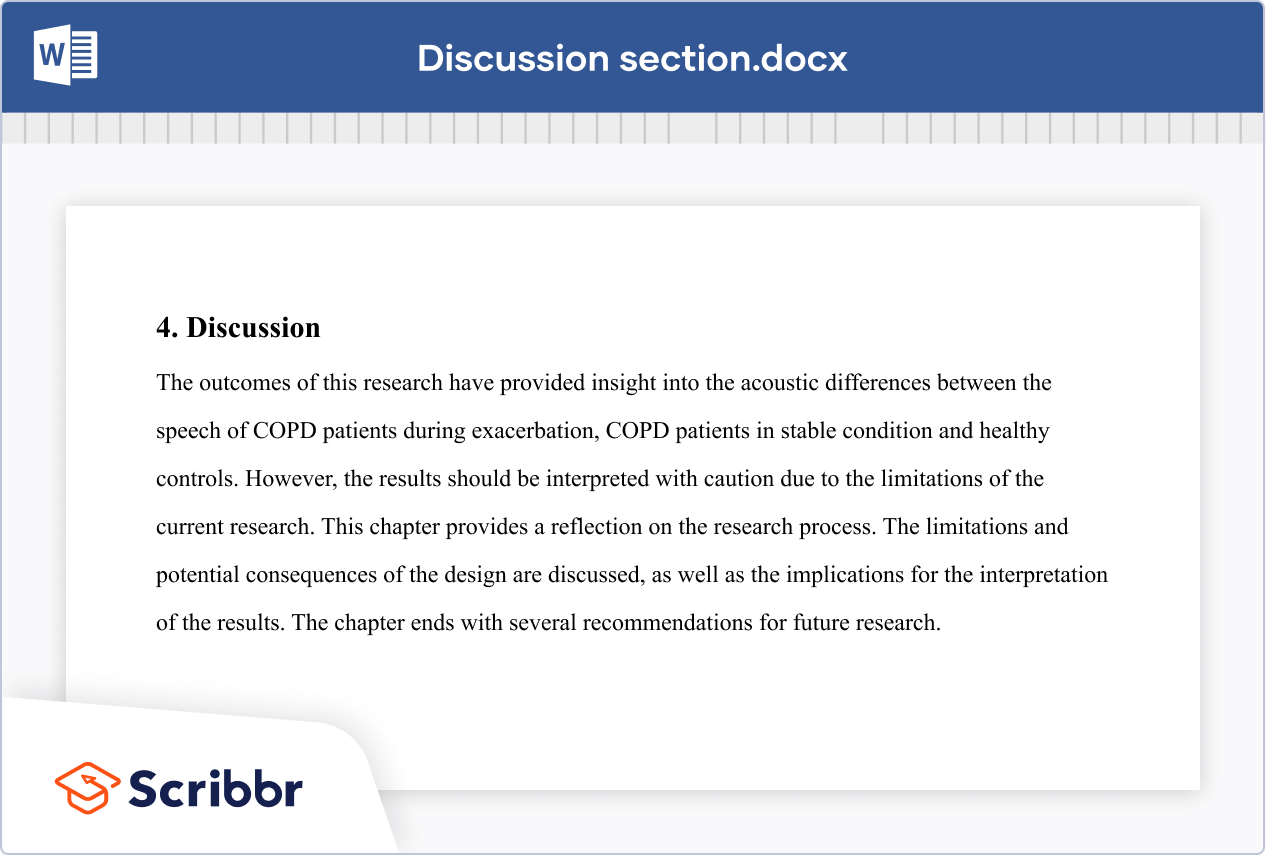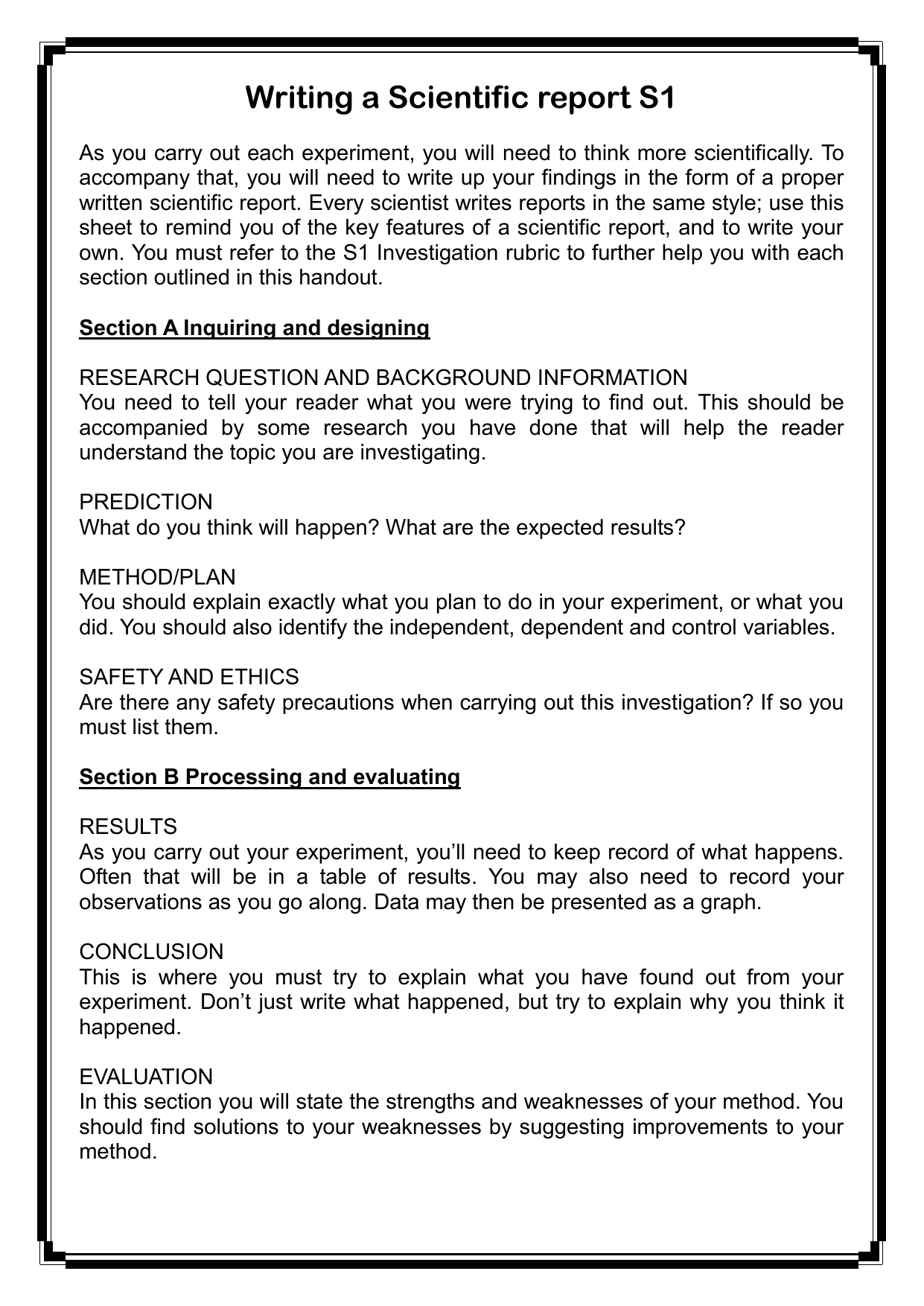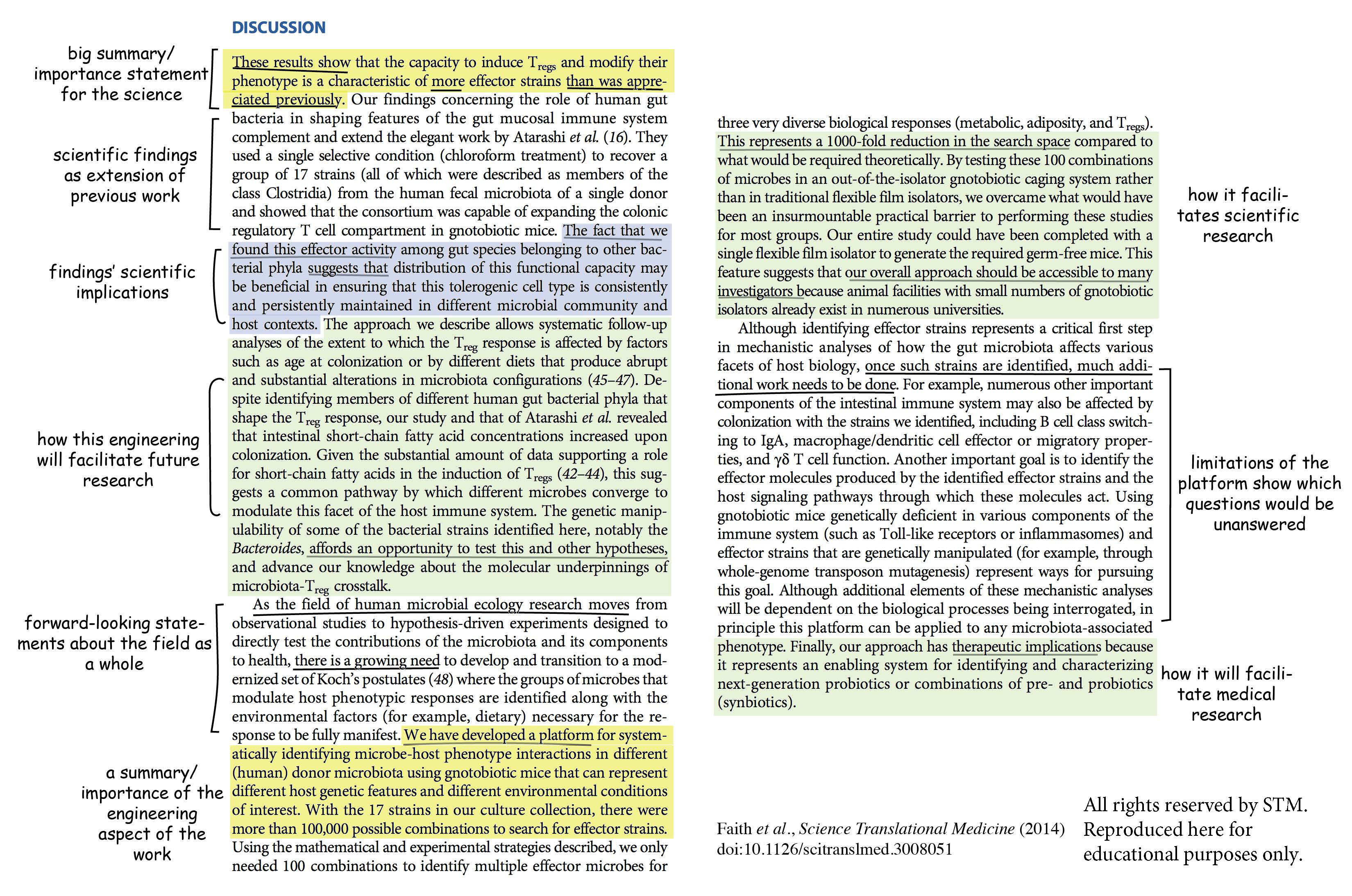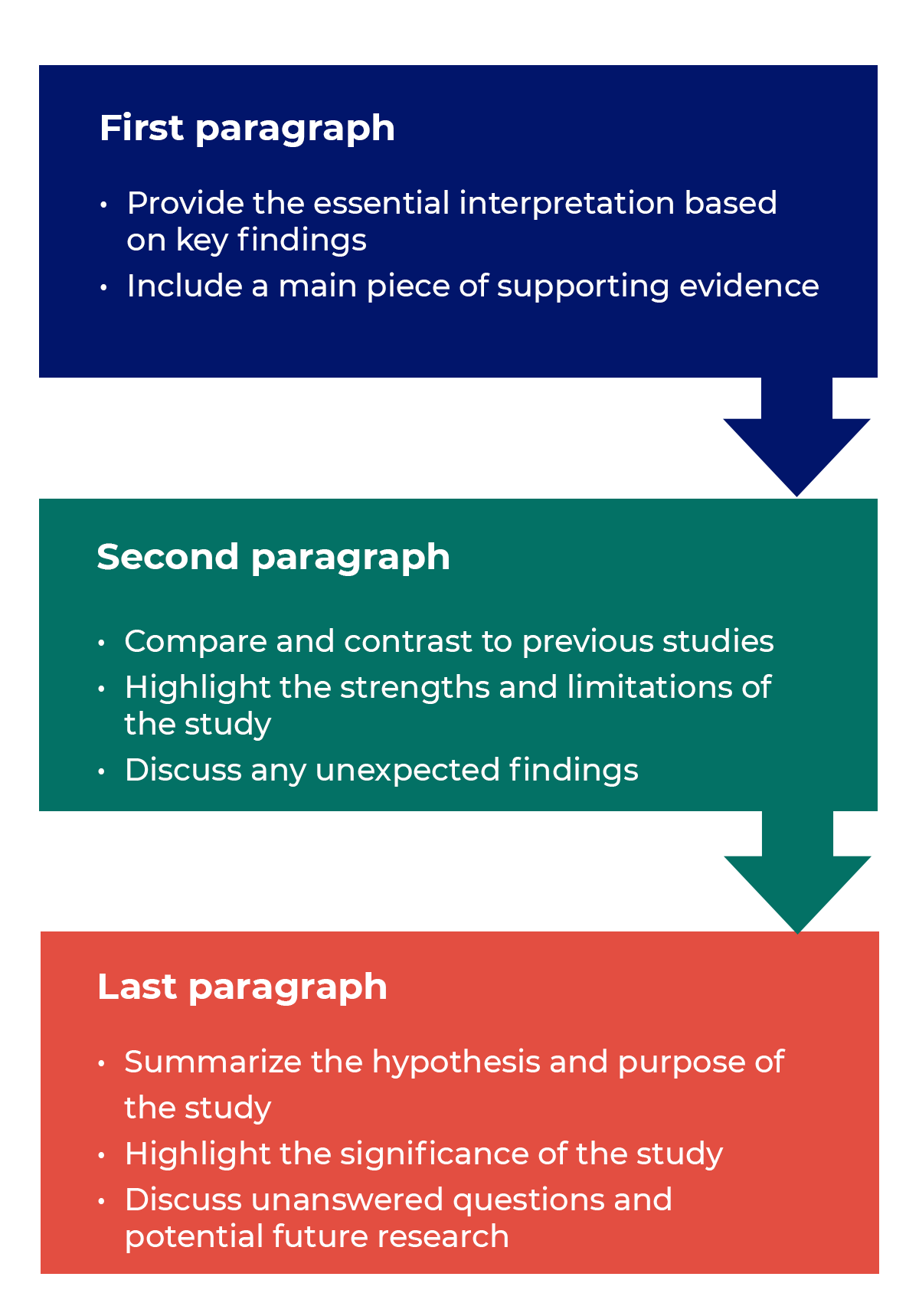Discussion In A Scientific Report - Typical stages in the discussion: Understand the purpose and structure of the discussion and conclusion sections. Summarizing the results, discussing whether results are expected or unexpected, comparing. The purpose of the discussion section is to interpret and describe the significance of your findings in relation to what. In this article, we will take a closer look at the results and discussion section. Composing each of these carefully with sufficient data and well.
Composing each of these carefully with sufficient data and well. Understand the purpose and structure of the discussion and conclusion sections. The purpose of the discussion section is to interpret and describe the significance of your findings in relation to what. Typical stages in the discussion: Summarizing the results, discussing whether results are expected or unexpected, comparing. In this article, we will take a closer look at the results and discussion section.
In this article, we will take a closer look at the results and discussion section. Understand the purpose and structure of the discussion and conclusion sections. The purpose of the discussion section is to interpret and describe the significance of your findings in relation to what. Typical stages in the discussion: Summarizing the results, discussing whether results are expected or unexpected, comparing. Composing each of these carefully with sufficient data and well.
How to Write a Discussion Section Tips & Examples
The purpose of the discussion section is to interpret and describe the significance of your findings in relation to what. Understand the purpose and structure of the discussion and conclusion sections. In this article, we will take a closer look at the results and discussion section. Composing each of these carefully with sufficient data and well. Typical stages in the.
Discussion Section of a Scientific Paper ppt download
The purpose of the discussion section is to interpret and describe the significance of your findings in relation to what. In this article, we will take a closer look at the results and discussion section. Understand the purpose and structure of the discussion and conclusion sections. Composing each of these carefully with sufficient data and well. Summarizing the results, discussing.
how to write an evaluation in a science report
The purpose of the discussion section is to interpret and describe the significance of your findings in relation to what. In this article, we will take a closer look at the results and discussion section. Summarizing the results, discussing whether results are expected or unexpected, comparing. Typical stages in the discussion: Understand the purpose and structure of the discussion and.
discussion section example
Composing each of these carefully with sufficient data and well. The purpose of the discussion section is to interpret and describe the significance of your findings in relation to what. Summarizing the results, discussing whether results are expected or unexpected, comparing. In this article, we will take a closer look at the results and discussion section. Understand the purpose and.
How To Write The Discussion Section Of A Research Paper Apa Ee
Summarizing the results, discussing whether results are expected or unexpected, comparing. Understand the purpose and structure of the discussion and conclusion sections. Typical stages in the discussion: In this article, we will take a closer look at the results and discussion section. Composing each of these carefully with sufficient data and well.
Image result for structure of discussion scientific paper Scientific
Understand the purpose and structure of the discussion and conclusion sections. Summarizing the results, discussing whether results are expected or unexpected, comparing. Typical stages in the discussion: The purpose of the discussion section is to interpret and describe the significance of your findings in relation to what. In this article, we will take a closer look at the results and.
how to write a discussion
The purpose of the discussion section is to interpret and describe the significance of your findings in relation to what. Composing each of these carefully with sufficient data and well. Typical stages in the discussion: In this article, we will take a closer look at the results and discussion section. Understand the purpose and structure of the discussion and conclusion.
How To Write A Conclusion For A Lab Whereintop
Understand the purpose and structure of the discussion and conclusion sections. Composing each of these carefully with sufficient data and well. Summarizing the results, discussing whether results are expected or unexpected, comparing. In this article, we will take a closer look at the results and discussion section. The purpose of the discussion section is to interpret and describe the significance.
10 Tips for Writing the Discussion Section of a Scientific Paper in 2023
Typical stages in the discussion: Composing each of these carefully with sufficient data and well. Summarizing the results, discussing whether results are expected or unexpected, comparing. The purpose of the discussion section is to interpret and describe the significance of your findings in relation to what. Understand the purpose and structure of the discussion and conclusion sections.
Example Of Report Text
In this article, we will take a closer look at the results and discussion section. The purpose of the discussion section is to interpret and describe the significance of your findings in relation to what. Summarizing the results, discussing whether results are expected or unexpected, comparing. Understand the purpose and structure of the discussion and conclusion sections. Typical stages in.
Summarizing The Results, Discussing Whether Results Are Expected Or Unexpected, Comparing.
In this article, we will take a closer look at the results and discussion section. Composing each of these carefully with sufficient data and well. Typical stages in the discussion: The purpose of the discussion section is to interpret and describe the significance of your findings in relation to what.









